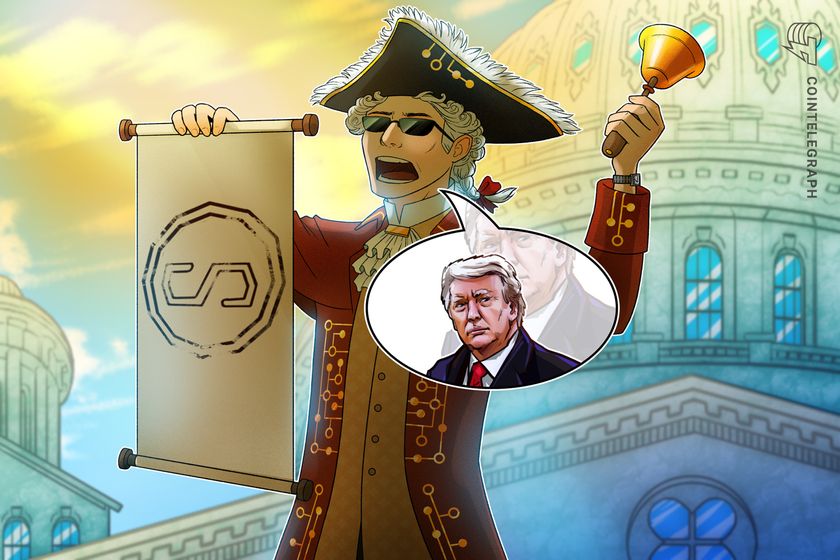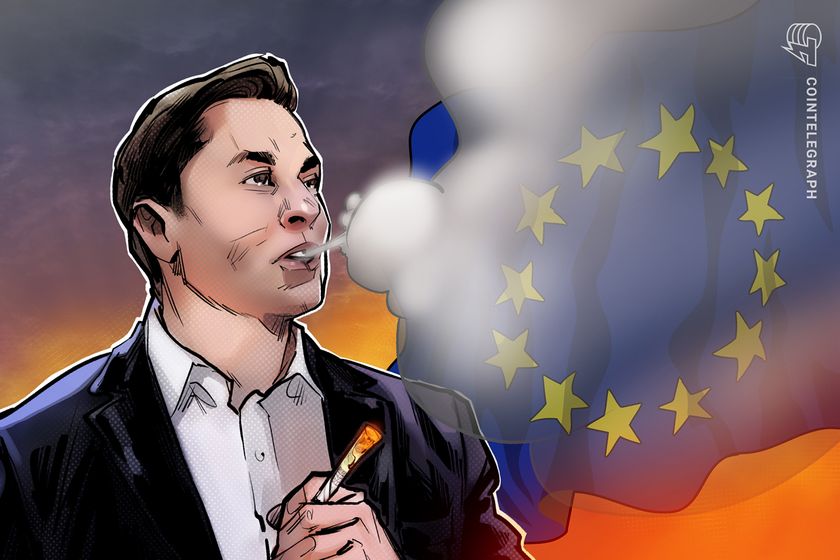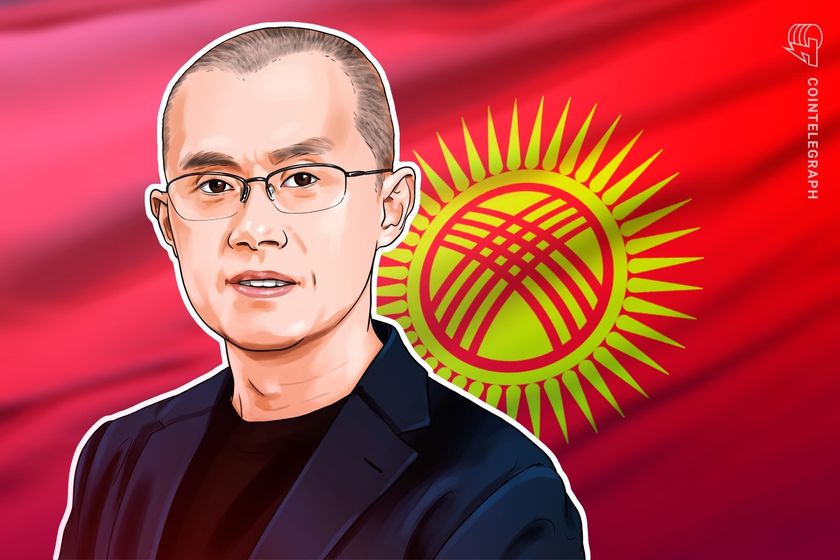

Five Democratic lawmakers in the US Senate have called on leadership at regulatory agencies to consider the potential conflicts of interest from a stablecoin launched by World Liberty Financial (WLFI), the crypto firm backed by US President Donald Trump’s family.
In a March 28 letter from the US Senate Banking Committee, Massachusetts Senator Elizabeth Warren and four other Democrats asked the Federal Reserve’s committee chair on supervision and regulation, Michelle Bowman, and acting comptroller of the currency, Rodney Hood, how they intended to regulate WLFI and its stablecoin, USD1.
March 28 letter from five Democratic senators to OCC, Fed leadership. Source: US Senate Banking Committee
The letter came as members of Congress are considering legislation to regulate stablecoins through the Guiding and Establishing National Innovation for US Stablecoins, or GENIUS Act. The bill, if signed into law, would essentially allow the Office of the Comptroller of the Currency (OCC) and Federal Reserve to oversee stablecoin regulation, including for issuers like WLFI and its USD1 coin.
Trump also signed an executive order in February attempting to have all federal agencies — purportedly including the OCC — “regularly consult with and coordinate policies and priorities” with White House officials, giving the US president unprecedented control.
“President Trump’s involvement in this venture, as he strips financial regulators of their independence and Congress simultaneously considers stablecoin legislation, presents an extraordinary conflict of interest that could create unprecedented risks to our financial system and to the integrity of decisions made by the [Fed and OCC],” said the letter, adding:
“The launch of a stablecoin directly tied to a sitting President who stands to benefit financially from the stablecoin’s success presents unprecedented risks to our financial system.”
Related: Trump’s USD1 stablecoin deepens concerns over conflicts of interest
Since World Liberty launched in September 2024 — months before the US election and Trump’s inauguration — many of the firm’s goals have been shrouded in secrecy. The project’s website notes that Trump and some of his family members control 60% of the company’s equity interests.
As of March 14, World Liberty had completed two public token sales, netting the company a combined $550 million. On March 24, the project confirmed launching its first stablecoin on the BNB Chain and Ethereum. The president’s son, Donald Trump Jr., also pitched USD1 from the DC Blockchain Summit on March 26 with three of WLFI’s co-founders.
Magazine: Trump’s crypto ventures raise conflict of interest, insider trading questions



